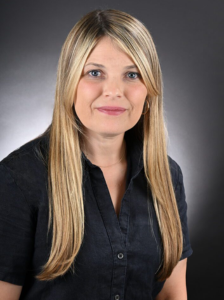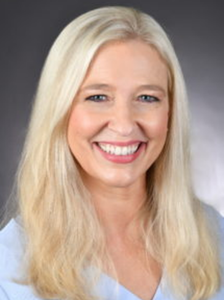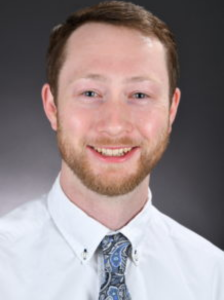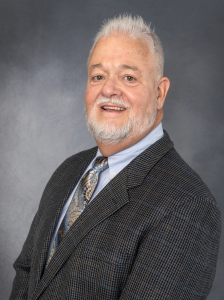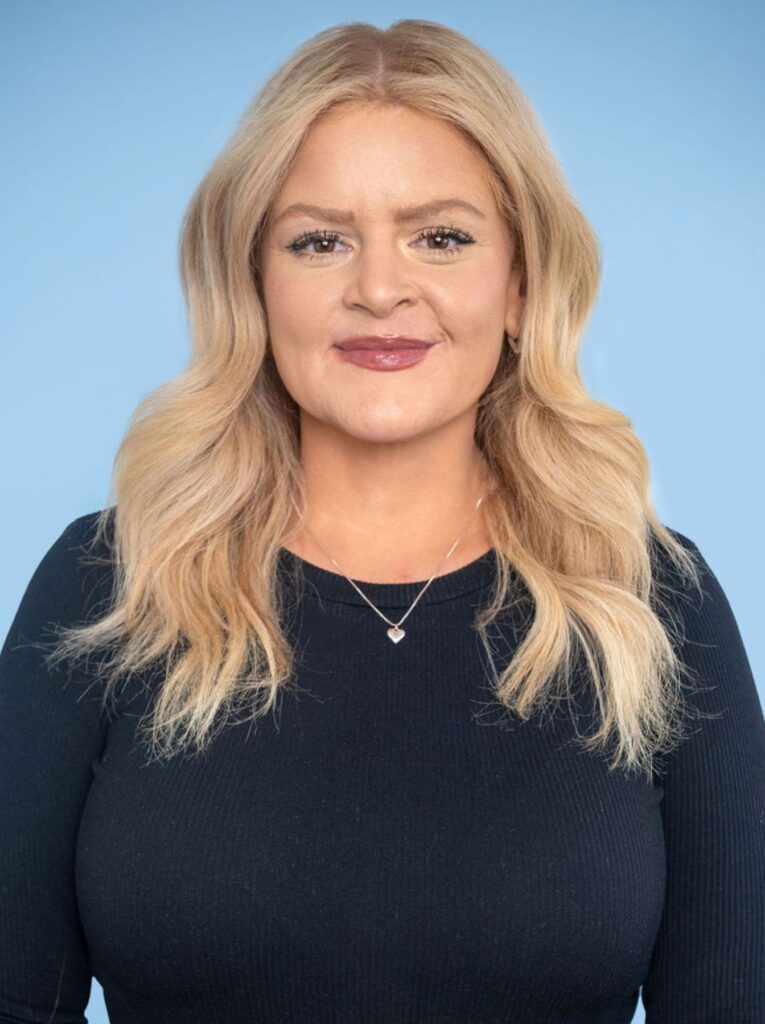The supportive services provided by Tennessee Oncology’s Health Psychology, Palliative Care, Genetic Counseling and Integrative Oncology are collaborative in the treatment of oncology patients. Many cancer patients experience side effects, both physical and mental that can be lessened or alleviated with additional care disciplines.
Support Services
Palliative Care
Palliative Care is specialized medical care for people living with serious illness like cancer and is provided by a team of professionals that includes a physician or nurse practitioner. The goal of palliative care is to help you have the best quality of life by relieving your symptoms like pain and improving your functionality. Tennessee Oncology’s palliative care teams work together with your oncologist to help achieve your goals for medical care.
Ask your physician or nurse practitioner to refer you to a palliative care specialist. We have clinics in Middle Tennessee and Chattanooga and provide telemedicine during the COVID-19 national emergency.
Where do I receive Palliative Care?
Palliative care services are provided either in your Tennessee Oncology clinic, or one of our many locations in Middle Tennessee, Chattanooga or surrounding areas. Telemedicine services are also available at all clinic locations during the COVID-19 national emergency. Our current Middle Tennessee clinic locations are St. Thomas West, St. Thomas Midtown, Centennial, Gallatin, Lebanon, Franklin, Murfreesboro. Our Chattanooga clinic location is at Memorial Plaza.
Does my insurance pay for Palliative Care?
Palliative Care will be covered by your insurance in the same manner as any other service in the practice.
Is Palliative Care right for me?
If you have a serious illness such as cancer, palliative care can help manage symptoms that may occur like pain and can also help you define your goals for medical care. Palliative care is beneficial at any stage of illness. Palliative care does not replace active treatment of your disease nor is it hospice care.
How does the Palliative Care teamwork with my oncologist?
Through collaboration, your oncologist and palliative care team will combine efforts to provide expert symptom management and treatment plans based on your goals.
What can I expect?
You can expect to receive communication to schedule a visit with a nurse practitioner or physician within 2-3 days of being referred. You can also expect to be seen by a provider within 1-2 weeks.
Palliative Care Physicians
Advanced Practice Providers
”There is nothing like advancing technology to more clearly reveal the value of people and how they must be valued now more than ever. Our centers would be lifeless if not for our deepest respect for humanity.
Natalie Dickson, M.D.
Genetic Counseling
Why Genetic Testing?
Genetic testing is gaining popularity in the community at large. Extensive research has been done on different types of genetic testing to identify what is most applicable for cancer care based on the cancer type. Genetic testing may help address the underlying cause for your cancer diagnosis, to help target chemotherapy drugs, to extend appropriate screening for other organs that might be at-risk for a second cancer and to help convey information to family members about their own cancer-risks. How would you know if genetic testing is appropriate for you? Tennessee Oncology offers genetic counseling services to help address some of your questions.
What is a Genetic Counselor?
Genetic Counselors are trained professionals in medical genetics and counseling, and form a part of your healthcare team, to guide and support patients that seek information about inherited cancers. They will gather your family history of cancer and interpret genetic risks, before or after you have had genetic testing. They have expertise in Genetics and can guide you on whether genetic testing might be right for you and your family.
Does my insurance cover my genetic counseling appointment?
At Tennessee Oncology, your first appointment with a genetic counselor for family history and risk assessment can be conducted over the phone or as a video call at the convenience of your home. When seen in clinic or as a telemedicine visit, most health insurances typically pay for genetic counseling. We encourage you to check with your insurance company if this is a covered service. If you decide to proceed with genetic testing, the counselor will help guide you on whether you need the genetic test, and whether you might meet insurance criteria for the genetic test. Health insurances typically pay for genetic testing when it is recommended by your doctor.
What can I expect from a genetic counseling session?
You should anticipate an informative counseling appointment that often lasts 30 minutes to an hour. Your genetic counselor will:
- Explore your family history
- Discuss the reason for the referral
- Help you understand how genetic testing might impact your treatment and health care
- Provide guidance to help you decide whether testing is something you would like to pursue
- Help understand your result and how to follow through with next steps with your doctor
Learn more about your genetic counseling appointment by watching this video that explains some aspects of the visit. Click on the link below:
How do I go about setting up a genetic counseling appointment?
Discuss a referral to the genetic counseling team with your physician or contact the Genetics team at 615-475-8350 for more information.
Have more questions?
Please call your clinic and ask to speak to the genetic counselor.
”There is nothing like advancing technology to more clearly reveal the value of people and how they must be valued now more than ever. Our centers would be lifeless if not for our deepest respect for humanity.
Natalie Dickson, M.D.
Integrative Oncology
Integrative Oncology is supportive care for patients who want to focus on healthy lifestyle choices, quality of life improvement, and positive patient outcomes through evidence-based practices. Working with your Tennessee Oncology physician, Integrative Oncology providers can help achieve your goals for personal medical care*.
“Patient-centered, health-oriented services that focus on the whole person and their lifestyle, not just the physical body, alongside their cancer treatment. Aims to optimize health, quality of life, and clinical outcomes across the cancer care continuum, and to empower people to prevent cancer and become active participants before, during, and beyond their treatments.”
Society of Integrative Oncology, 2017
Who can benefit from Integrative Oncology?
Any patient interested in being more engaged with their health care, learning more about ways to improve their health and well-being, and addressing lifestyle root causes of chronic disease.
Where do I receive Integrative Oncology?
Integrative Oncology services are provided, in person, at the Tennessee Oncology Southern Hills clinic.
We offer recommendations for the following:
Therapies based on mindfulness, meditation, nutrition, physical activity, and supplement / herbal use and education. We also support preferred community partnerships that offer: yoga, reflexology, massage, acupuncture, and hypnotherapy.
Is Integrative Oncology right for me?
Yes- Integrative Oncology is right for everyone interested in learning more about nutrition, improving their activity level, exploring complementary therapies, feeling better, and promoting better outcomes. It is beneficial at any stage of illness and is supported by evidence-based practices.
Integrative Oncology Providers
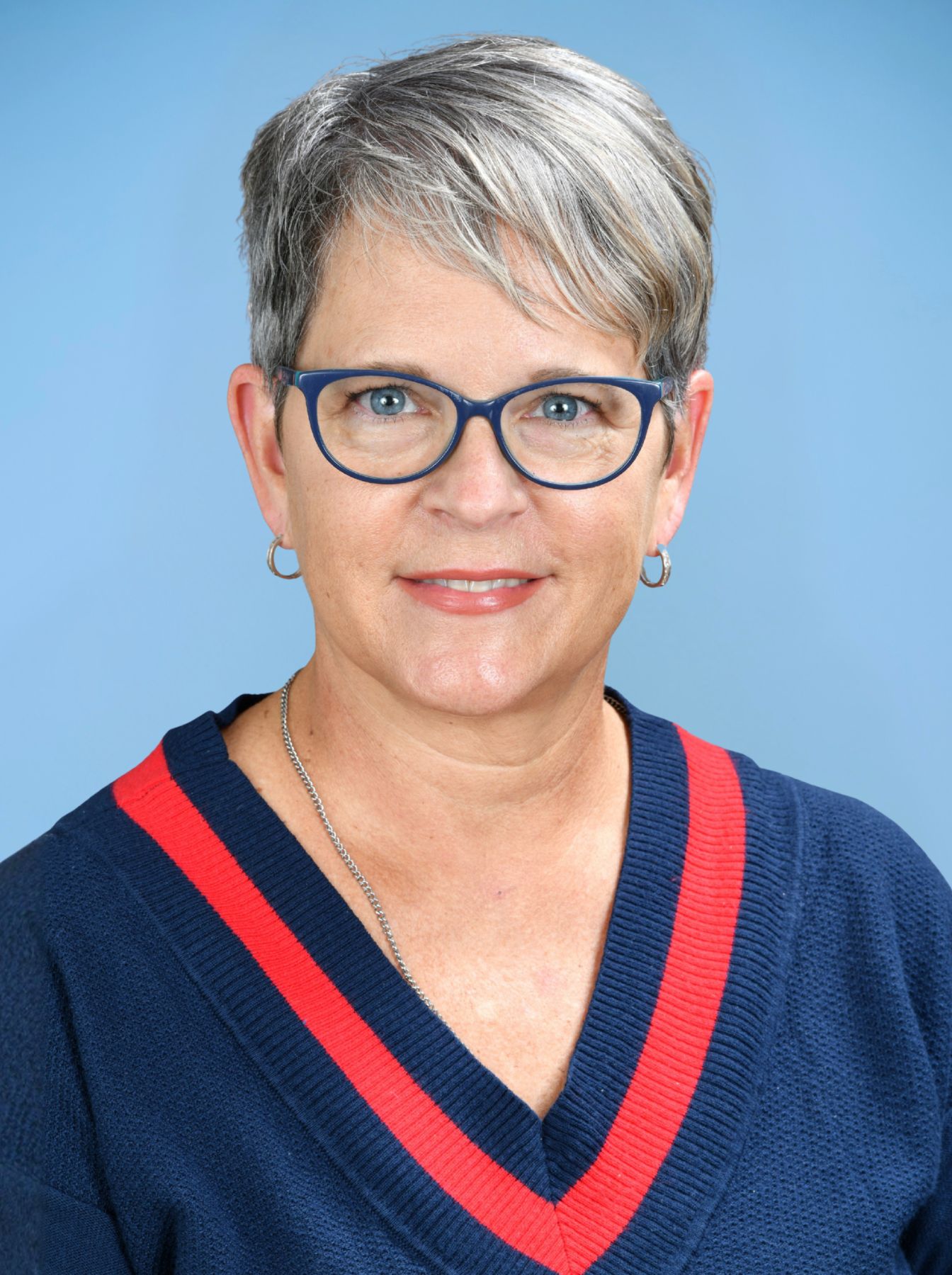
Specialties
Breast Cancer
Survivorship
Education
Bachelor of Science in Nursing â Austin Peay State University â 1991
Master of Science in Nursing â Vanderbilt University School of Nursing
University of Michigan â IO Scholars Program
Certifications
Advanced Oncology Certified Nurse Practitioner
Integrative Oncology Scholar
Family Practice Certified
Professional Memberships
American Nurses Association
Oncology Nursing Society
American Academy of Nurse Practitioners
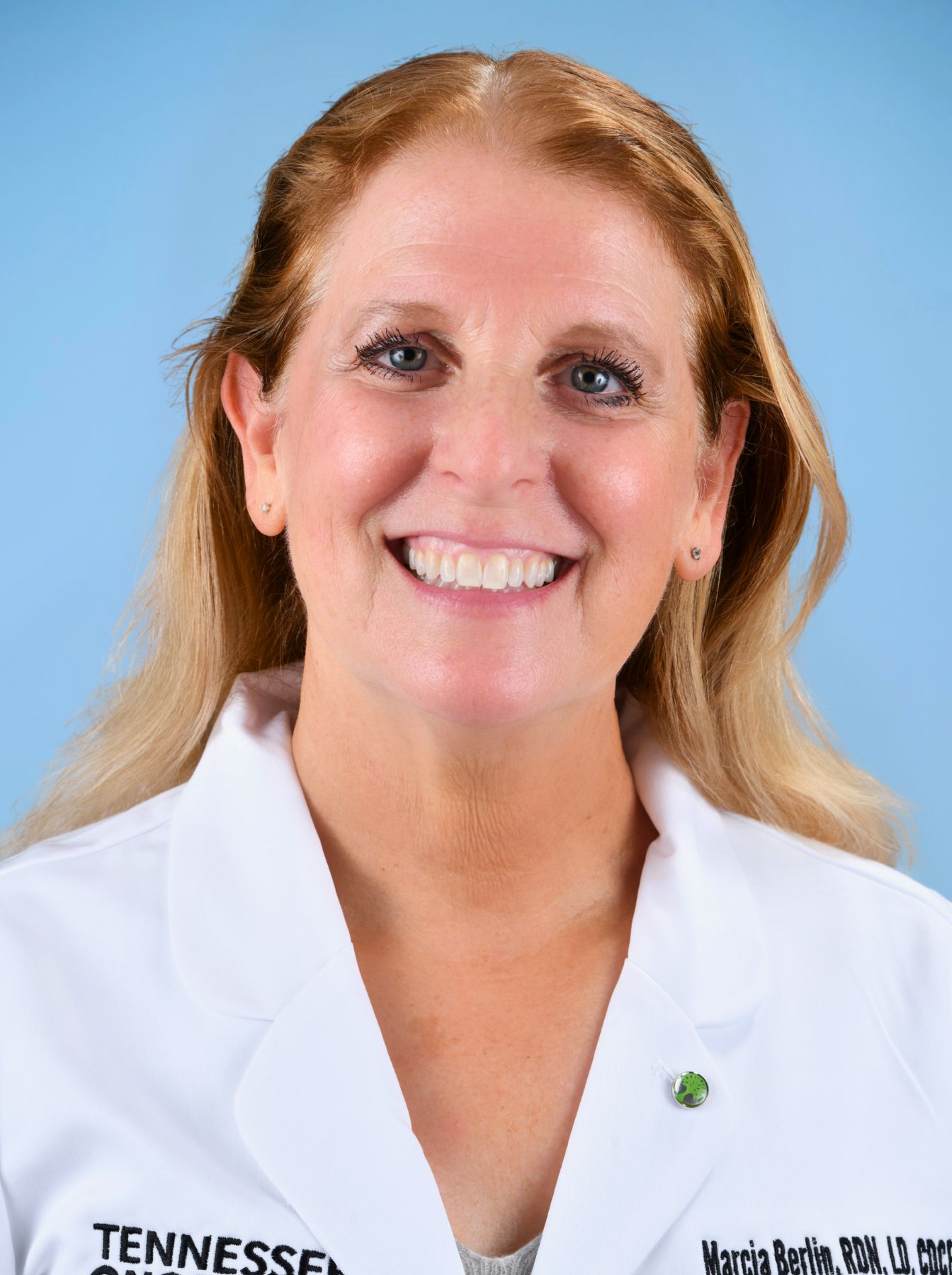
Education
Bachelor of Science in Nutrition – Georgia State University
Certifications
Registered and Licensed Dietitian- Tennessee & Georgia
Certified Diabetes Care and Education Specialist
Certified BeMoved Dance/Fitness Instructor
Professional Memberships
Academy of Nutrition and Dietetics
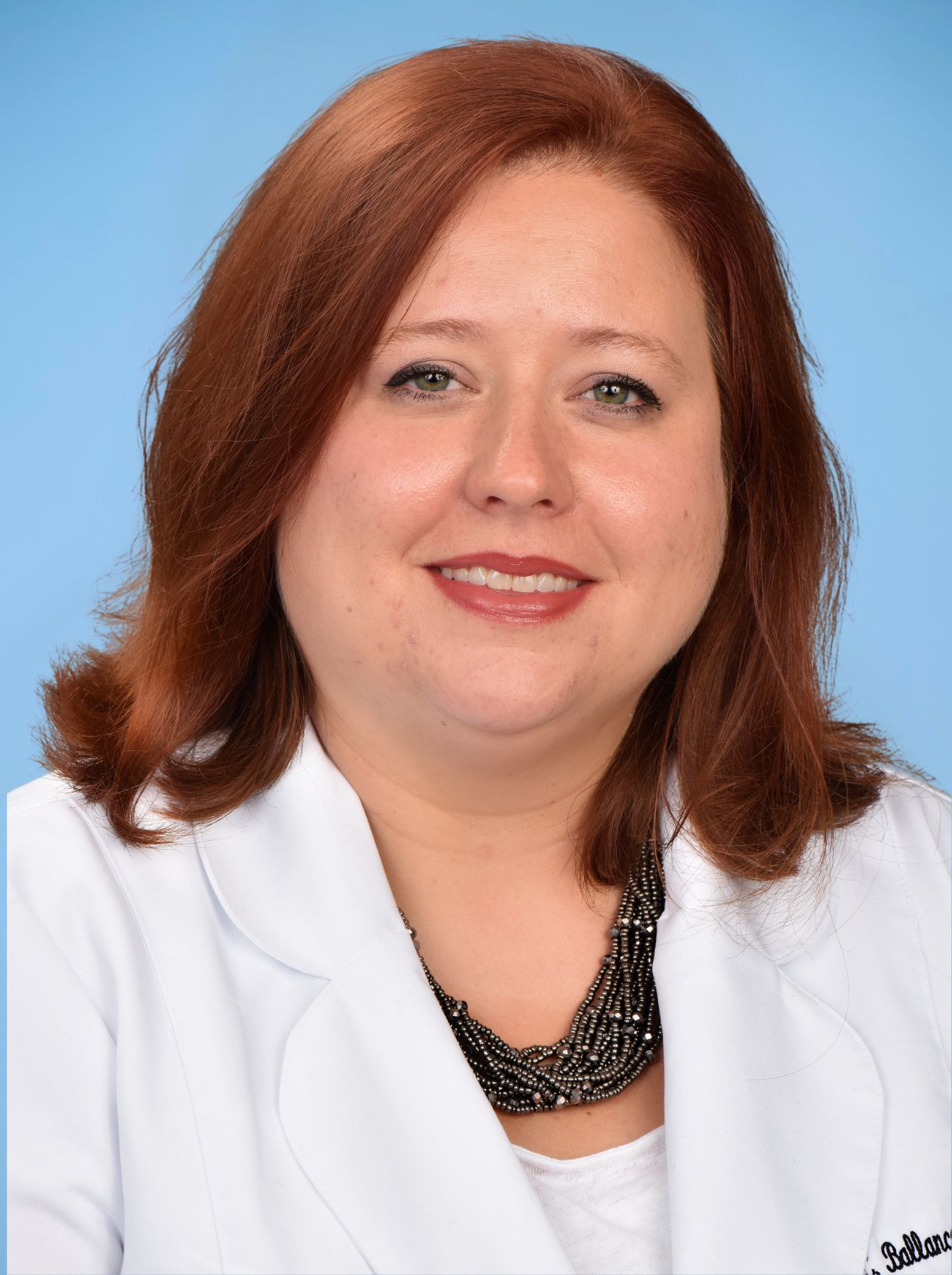
Education
Bachelor of Science in Nursing â Aquinas College
Master of Science in Nursing â Belmont University
Certifications
ANCC Family Nurse Practitioner Certification
Tennessee Licensed Registered Nurse
Chemotherapy â Immunotherapy Certification
Professional Memberships
Oncology Nursing Society
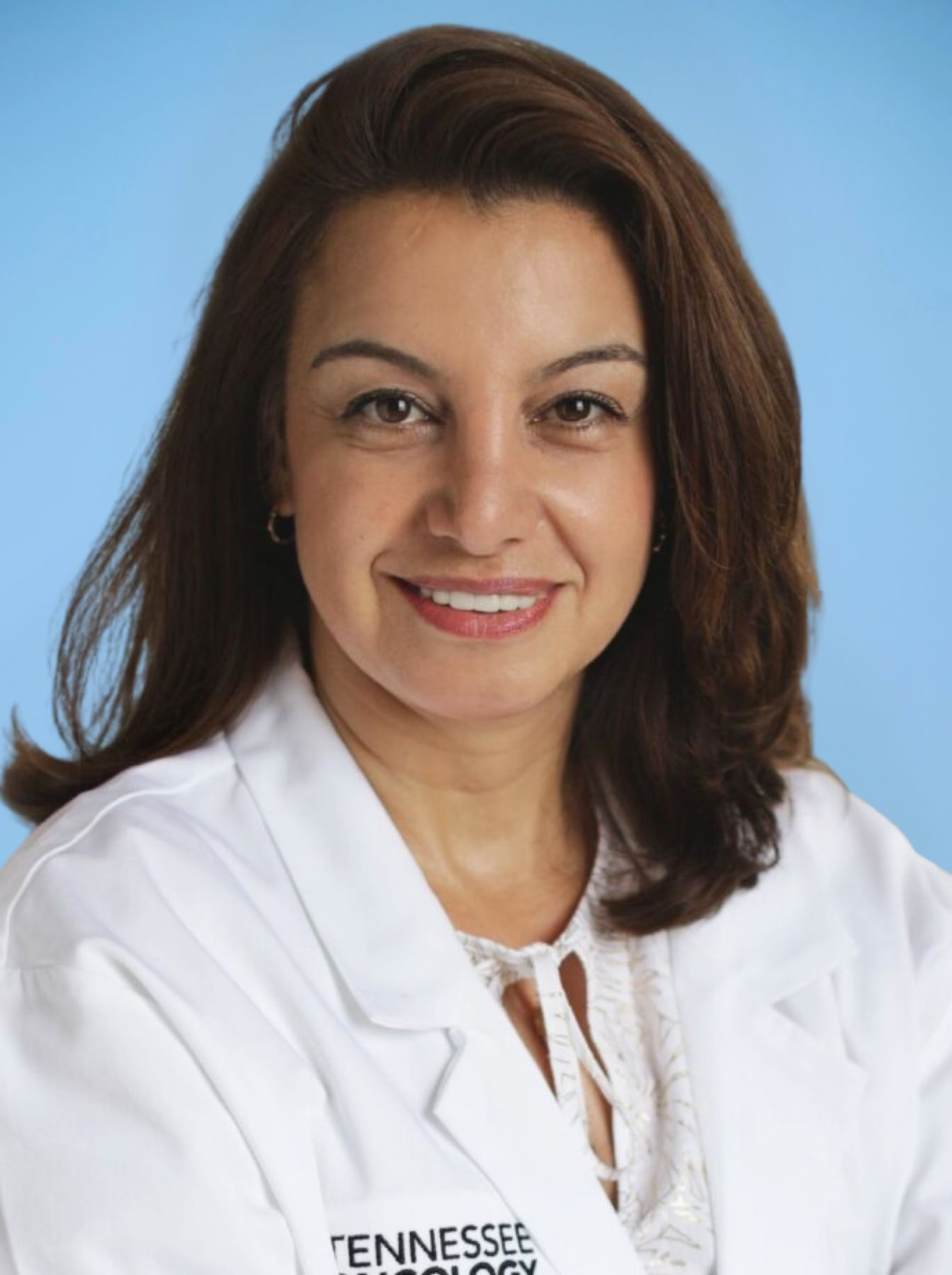
Education
Medical School – Lebanese University
Residency – East Tennessee State University
Fellowship – East Tennessee State University
Board Certifications
Medical Oncology
Hematology
Professional Memberships
American College of Physicians
American Society of Clinical Oncology
Tennessee Medical Association
American Society of Hematology
Service line representative for cancer registry quality control
Clinic Availability
In Clinic: M-Th
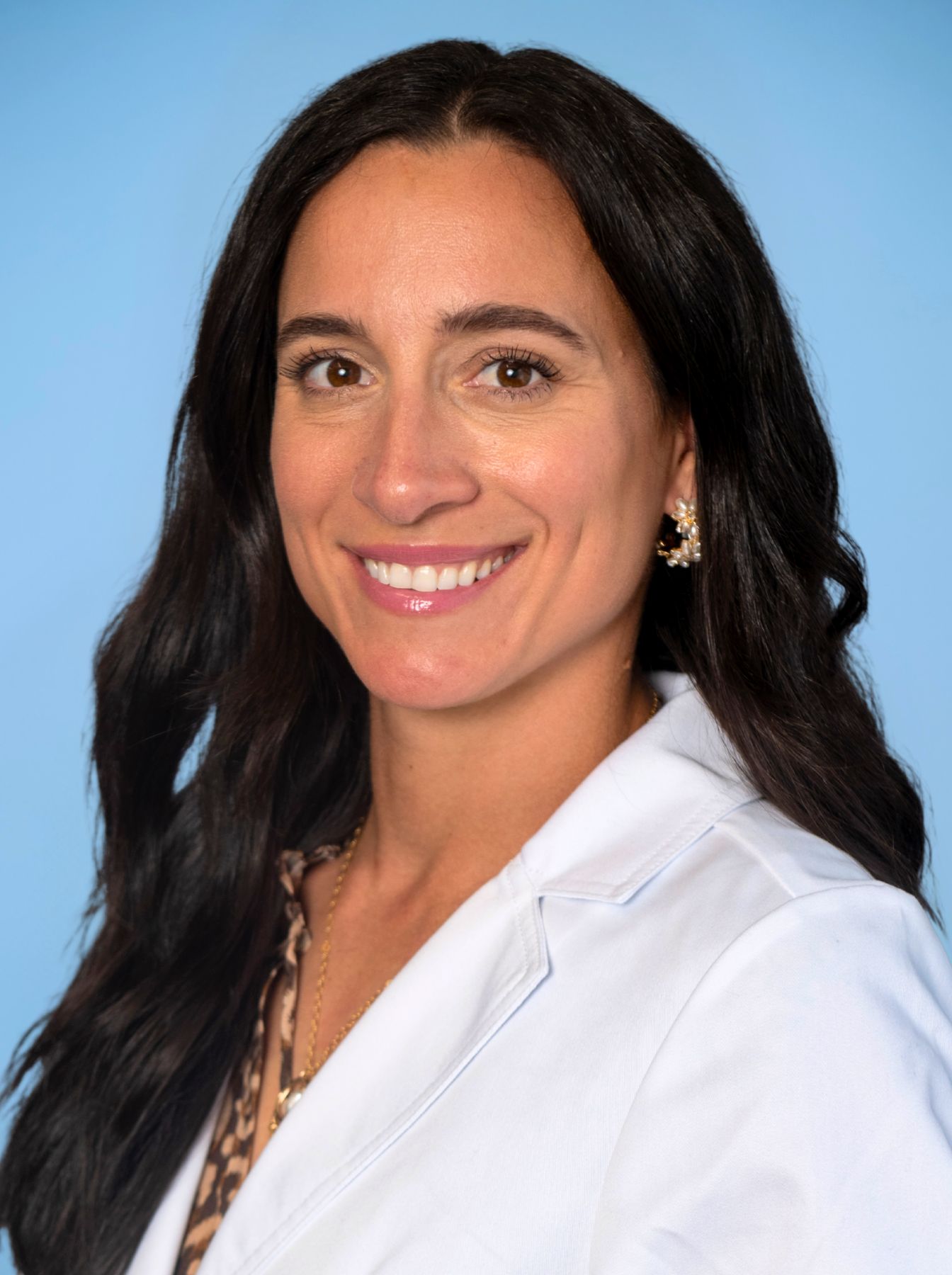
Education
Bachelor’s – Milligan College
Master’s – East Tennessee State University
Certifications
American Academy of Nurse Practitioners
Clinic Availability
Johnson City Clinic
”There is nothing like advancing technology to more clearly reveal the value of people and how they must be valued now more than ever. Our centers would be lifeless if not for our deepest respect for humanity.
Natalie Dickson, M.D.
Survivorship
After a cancer diagnosis, a person’s priorities regarding relationships, career, or lifestyle may change. Some people with a history of cancer, often called cancer survivors or survivors, say that they appreciate life more and have gained a greater acceptance of self. At the same time, some survivors also become anxious about their health and uncertain of how to cope with life after treatment, especially when regular visits to doctors stop.
Defining survivorship
Surviving cancer or “survivorship” can be defined in different ways. Two common definitions include:
- Having no disease after the completion of treatment,
- The process of living with, through, and beyond cancer. By this definition, cancer survivorship begins at diagnosis. It includes people who continue to have treatment to either reduce risk of recurrence or to manage chronic disease.
Sometimes, doctors and nurses use terms to describe the specific period a survivor is experiencing. These can include:
- Acute survivorship: describes the time when a person is being diagnosed and/or in treatment for cancer
- Extended survivorship: describes the time immediately after treatment is completed, usually measured in months
- Permanent survivorship: describes a longer period, often meaning that the passage of time since treatment is measured in years
Sometimes, people who have survived cancer consider their close friends and families “co-survivors” because of the experiences they have had in caring for the person with cancer. Others with metastatic cancer don’t feel that the “survivor” label applies to them because they continue to live with cancer every day. No matter how it is defined, survivorship is unique for each person.
Survival statistics
The number of people with a history of cancer in the United States has increased dramatically, from 3 million in 1971 to about 13.7 million today. Of these, an estimated 379,112 are survivors of childhood and adolescent cancer, which means they were diagnosed before the age of 20. About 68% of today’s cancer survivors were diagnosed with cancer five or more years ago. And, approximately 15% of all cancer survivors were diagnosed 20 or more years ago. More than half of cancer survivors are 65 or older. And an estimated 1 in 530 adults between the ages of 20 and 39 is a survivor of childhood cancer.
Most cancer survivors were initially diagnosed with common cancers. For example, 22% of survivors had breast cancer, 20% had prostate cancer, 9% had colorectal cancer, and 8% had cervical, uterine, or ovarian cancers.
The increase in survival rates is largely thought to be due to the following four developments:
- Improved identification of cancers that can sometimes be found early through screening, such as mammography for breast cancer, the prostate specific antigen (PSA) test for prostate cancer, the Pap test for cervical cancer, and colonoscopy for colorectal cancer
- Improvements in treatment
- More effective treatment of side effects, making it possible to give patients the planned doses of cancer drugs
- The development of new treatments, such as targeted therapies
Statistics adapted from the American Cancer Society’s publication, Cancer Facts & Figures 2014, and the National Cancer Institute Office of Cancer Survivorship, http://dccps.nci.nih.gov/ocs/prevalence/index.html (updated April 5, 2013).
Surviving cancer: What to expect
At the end of active treatment, many survivors often have mixed emotions, including relief that their treatment is over, as well as anxiety about the future. After treatment, the “safety net” of regular, frequent contact with the health care team ends. Some survivors may miss this source of support, especially because anxieties may surface at this time. Others may have physical problems, psychological problems, sexual problems, and fertility concerns. Many survivors feel guilty about surviving, having lost friends or loved ones to the disease. Some survivors are uncertain about their future, while others experience discrimination at work or find that their social network feels inadequate. Find out more about coping with such concerns. Learn more about the next steps to take in survivorship.
Fear of recurrence
Fear of recurrence (cancer that comes back after treatment) is common among most cancer survivors. It may lead a person to worry over common physical problems, such as a headaches, coughs, and joint stiffness. It is hard to know what is “normal,” and what needs to be reported to the doctor. Discussing the actual risk of recurrence with your doctor and the symptoms to report can often lower your anxiety. Maintaining a regular schedule of follow-up visits can also provide a sense of control. Although many cancer survivors describe feeling scared and nervous about routine follow-up visits and tests, these feelings may ease with time.
Relationships
When active treatment is over, some survivors need different types of support than they had before. Some friends may become closer, while others distance themselves. Families can become overprotective or may have exhausted their ability to be supportive. Relationship problems that may have been ignored before cancer can surface. The entire family is changed by the cancer experience in ways they may not be aware of. Recognizing and working through these changes are needed to help you get the support you need, and some people find that counseling helps. Open and ongoing communication helps with adapting to life and shifting relationships after cancer. Learn more about relationships and cancer.
Getting back to “normal”
Returning to a regular work schedule is a sign of getting back to a normal routine and lifestyle. Many people with cancer who took time off for treatment return to work afterwards, while many others may have worked throughout treatment, and others may not be able to return to work because of the effects of the cancer or its treatment. Most people need their job and the health insurance it provides.
Although many survivors can be as productive as they were before treatment, some find they are treated differently or unfairly. Learn more about dealing with discrimination. During and after treatment, it may be helpful to anticipate questions from coworkers, and decide how to answer these questions in advance. Coworkers may want to help but not know how. It may be up to you to start the conversation and set the limits. When and how you choose to discuss a diagnosis is a personal decision. Find out more about sharing your story.
”Our national reputation raises the bar of the patient expectation. I’m protective of my patients. I’m a partner in their journey.
Johnetta Blakely, M.D.

